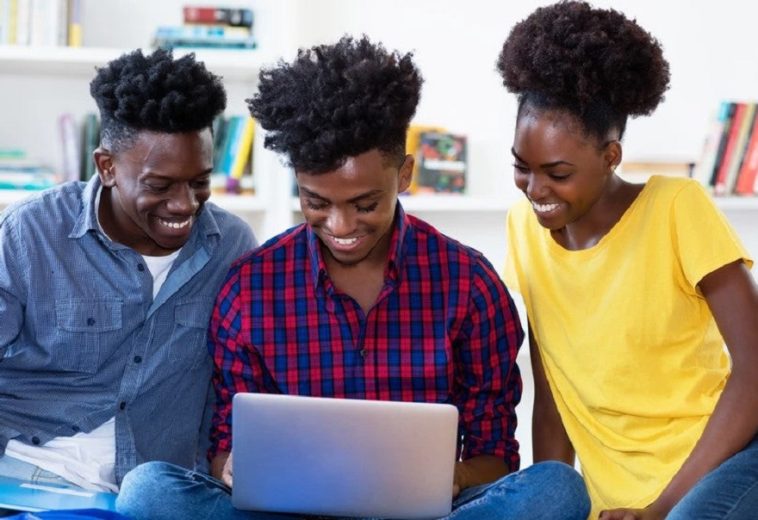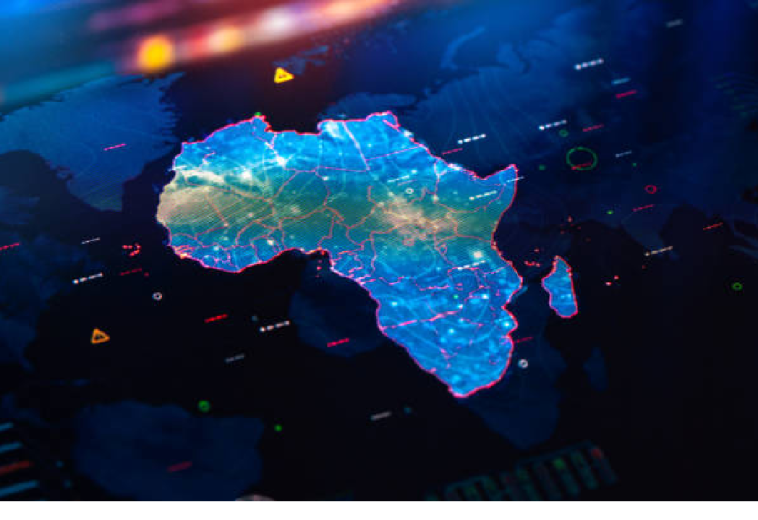Human rights violations in Africa remain an enduring challenge, marked by political oppression, ethnic violence, corruption, and the suppression of free expression. As part of the violent legacy of colonialism, Africa has faced profound human rights challenges. Yet, through resilience, activism, and hope for a better future, leaders and citizens alike are striving to protect and promote human rights, making significant strides towards justice and equality.
Africa’s diverse cultures and political systems create a landscape where some countries enjoy relative peace and have made progress towards democracy and human rights, while others remain mired in conflict, dictatorship, and systemic oppression. In countries such as Sudan, South Sudan, and the Central African Republic, ethnic and religious violence has displaced millions. Meanwhile, regimes like those in Eritrea and Cameroon continue to suppress political opposition and dissent.
READ ALSO: Upscaling Legal and Human Rights Development in Africa
Despite these challenges, a growing wave of activism is shining a light on the human rights situation across the continent. A powerful and expanding movement is challenging abuses, with stories of resilience, resistance, and recovery reshaping Africa’s future. One of the most inspiring aspects of this fight is the rise of grassroots movements led by local communities, women, youth, and civil society organisations. These movements are playing a vital role in raising awareness and mobilising change.
For instance, the #EndSARS movement in Nigeria, which began in 2020, emerged as a response to widespread police brutality targeting young people. Initially a call to dismantle the notorious Special Anti-Robbery Squad (SARS), the movement evolved into a broader demand for justice, better governance, and an end to police violence. The peaceful protests, which spread across the country and garnered international attention, reflected a growing desire for accountability within government institutions.
In Kenya, organisations such as the Kenya Human Rights Commission (KHRC) and the Centre for Minority Rights Development (CEMIRIDE) have tirelessly addressed issues ranging from land rights to ethnic violence, while empowering marginalised communities to voice their concerns. Meanwhile, the African Women’s Development and Communication Network (FEMNET) has become a formidable advocate for gender equality and the protection of women’s rights.
The African Union (AU) has also taken a more proactive stance on human rights in recent years. The establishment of the African Court on Human and Peoples’ Rights in 2004 and its encouragement for member states to sign the Maputo Protocol—which mandates the protection of women’s rights—are significant steps. The African Commission on Human and Peoples’ Rights (ACHPR) continues to hold governments accountable and facilitate dialogue on the continent’s most pressing human rights issues.
International human rights organisations, such as Human Rights Watch, Amnesty International, and the International Federation for Human Rights (FIDH), provide invaluable support. They document abuses, raise awareness, and advocate for international sanctions when necessary. Their efforts often place pressure on African governments to uphold human rights commitments while fostering solidarity with local organisations striving for justice.
The presence of robust legal frameworks is essential to the protection of human rights, and many African countries have made progress in this regard. In 2017, under President Adama Barrow, Gambia became the first African nation to successfully prosecute a case involving torture committed by a former government official. This marked a regional shift towards confronting past abuses.
South Africa, long considered a beacon of human rights progress on the continent due to its transition from apartheid to democracy, continues to play a pivotal role through legal reforms. Its post-apartheid constitution, celebrated for enshrining protections for equality, freedom of expression, and the rights of all citizens, exemplifies this commitment.
Additionally, the establishment of specialised human rights institutions, such as ombudsman offices and human rights commissions, has empowered citizens to report abuses, seek justice, and hold governments accountable.
One of the most promising developments in Africa’s human rights movement is the emergence of a new generation of leaders committed to reform, human dignity, and social justice. Activists like Nigerian Aisha Yesufu have become influential figures in the fight for accountability. In Sudan, young revolutionaries played a critical role in overthrowing the long-standing regime of Omar al-Bashir in 2019, despite facing brutal repression.
Africa’s journey towards overcoming human rights violations is far from over, but there are reasons for optimism. The resilience of African people, the growing strength of civil society, the emergence of visionary leaders, and the increasing accountability of governments and institutions signal a future where human rights are no longer negotiable, but guaranteed. As African countries confront and rise above human rights violations, they remind the world that human dignity is not merely a dream but a demand.


















